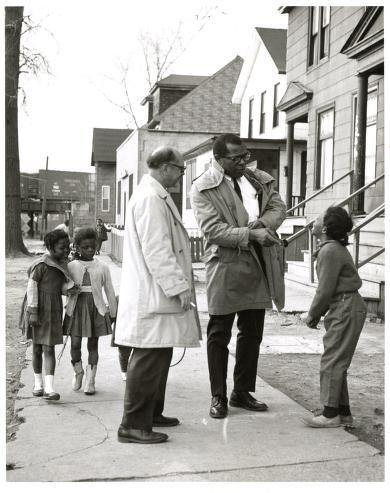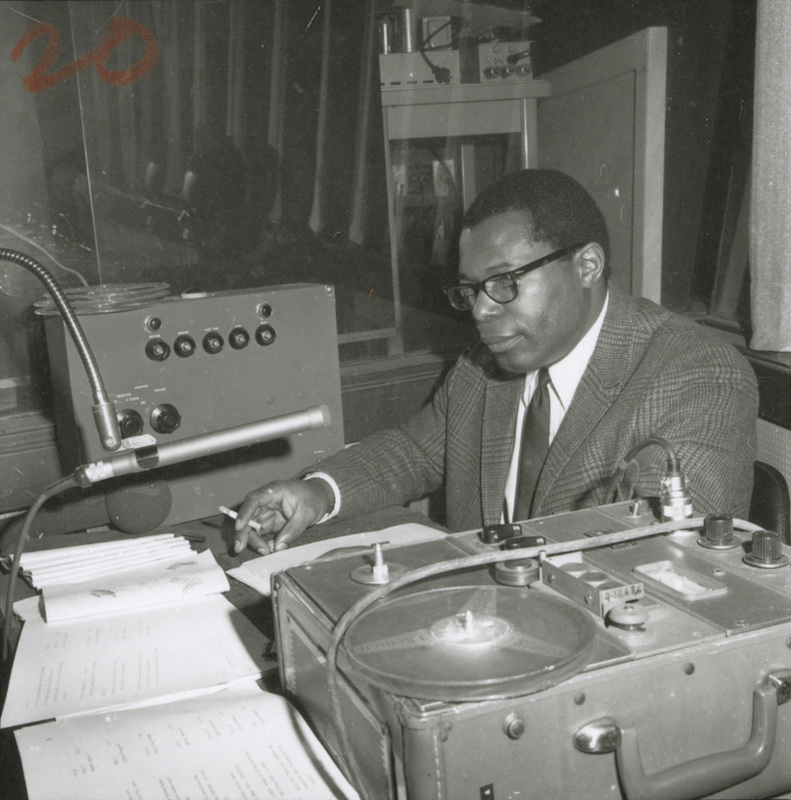Creating the Series
Smith believed you could not understand a problem without speaking to the people suffering from it, and this idea helped create his approach to the series, which balanced his commentary as a professional social worker with giving a platform to underrepresented voices. At the beginning of the first episode, Smith states, “As the title indicates, the concern and purpose of this weekly series will be to look at, examine, and analyze the current wave of discontent being expressed throughout the many urban areas of our country. We intend to talk with and listen to those involved in today's social problems, conflicts, and crises. This will include both the participant, the ordinary observer, and the trained observer, the spokesman and the follower.” As this introduction suggests, the series involves a wide range of interviewees, while emphasizing perspectives usually left out of mass media, particularly youth and Black people from various economic and professional backgrounds.
In the first episode of Seeds of Discontent, Smith also previews the planned three parts of the series. He describes part one as dealing “with the question of causation and identification of stress forces” through “the voices of the rebel.” Smith explains that term in this context, saying “By ‘rebel,’ I mean individuals who have some gripe with the present order of things, and who as individuals or groups try to do something about it, and either constructive or destructive ways.” The planned second part of the series would explore “what is being done and what is not in the way of governmental, private, and self-help programs,” while the third and final section would “deal with the pulling together of these varied opinions, attitudes, feelings and proposals into some working statements and principles, which we hope will lead to social changes that will allow for greater creativity, human growth and dignity.” While the series deals with each of the topics and perspectives planned for the three sections, Seeds of Discontent ultimately focused heavily on “the voices of the rebel.” Commentary on programs that seek to address social problems is threaded throughout the series, with just a couple episodes at the end highlighting these official programs specifically and only the final episode pulling the findings together.
Excerpt from interview with men from Detroit, episode 1.
The episodes focusing on “individuals who have some gripe with the present order of things” feature a wide range of subjects. Smith interviews college student activists, families living in poverty, teachers frustrated by the failings of the education system, Black middle-class workers, Black entertainers, and incarcerated youth who have been labeled delinquent by social systems. This clip from the interview for the first episode exemplifies Smith's practice of stressing the importance of his interviewees' perspectives as a way of setting up the conversation. His commentary frames each episode at the introduction and conclusion, and he offers brief context and summary at various points in most episodes. But the series is predominantly interviews with people in Detroit recorded in lived-in environments, instead of a professional studio.

